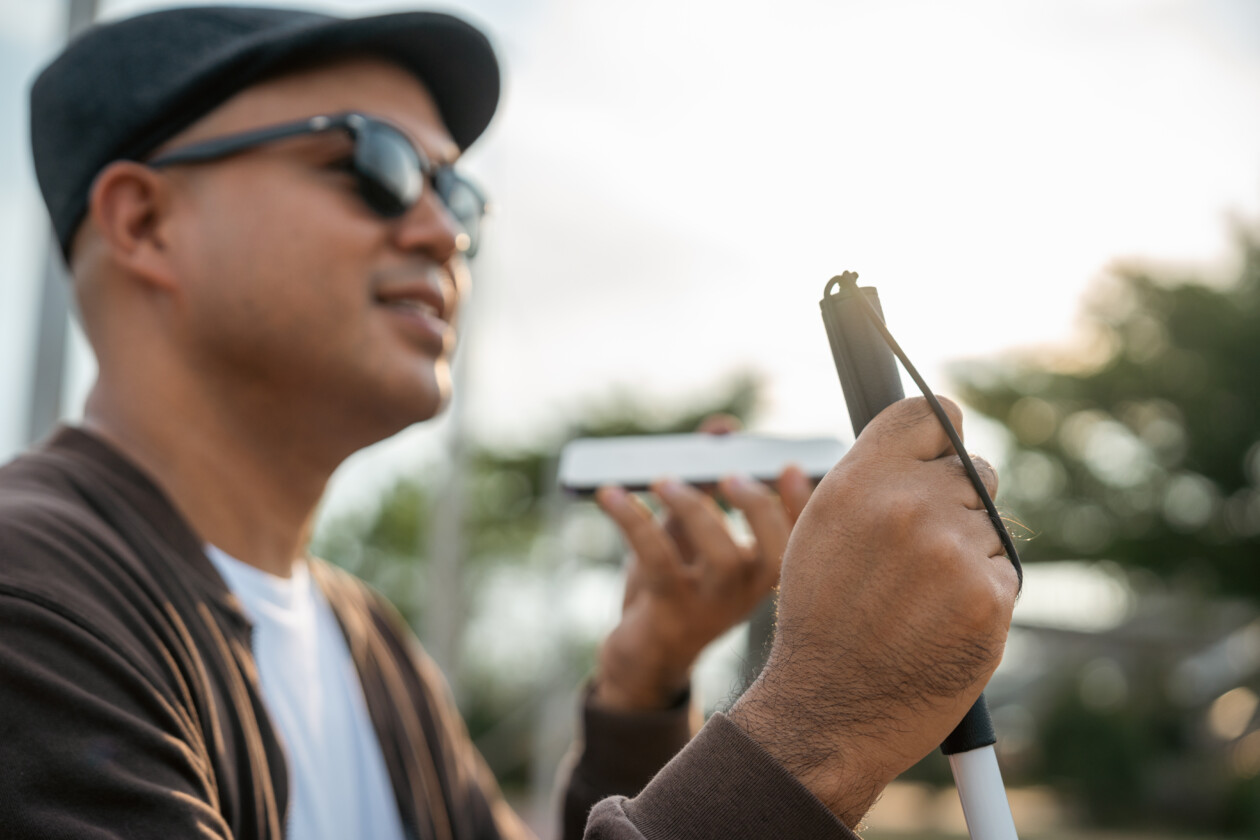Your Genesys Blog Subscription has been confirmed!
Please add genesys@email.genesys.com to your safe sender list to ensure you receive the weekly blog notifications.
Subscribe to our free newsletter and get blog updates in your inbox
Don't Show This Again.

The future of healthcare involves proactive care, faster access and human support
Singapore’s healthcare system is world-class, but it’s experiencing increasing strain. By 2030 one in four Singaporeans will be over 65. Chronic conditions will become more common, hospitals will be busier and staff workloads will rise.
Patients already see the signs. Long waits and repeated questions are becoming part of the experience. For staff, more time is spent on administration than on care. If nothing changes, the pressure will only intensify.
The government has recognised this challenge. Through the Healthier SG initiative, more than 1 million people are now enrolled in programs that focus on prevention and long-term wellness. The aim is clear: Keep people healthier for longer and reduce avoidable hospital visits.
This shift demands a different kind of healthcare journey – one where patients are supported before problems escalate. Contact centers need care teams that can be proactive, not reactive. And support must extend beyond the hospital into the community and the home.
Connected care, inside and outside the hospital
That vision depends on systems that connect. Singapore’s rollout of a single Electronic Medical Record (Epic) across the public health network is an important step. It ensures that wherever patients go, their information goes with them.
Jenny Reichard, Senior Industry Executive Healthcare, APAC and Middle East at Genesys puts it simply: “When patients have to repeat themselves, that’s wasted time for everyone. We need to remove duplication so staff can focus on care, not admin.”
The same principle applies beyond hospital walls. As the population of Singapore ages, more families will need continuity of care that bridges hospital, community and home. Whether it’s a routine appointment reminder, a medication check or an urgent escalation, communication has to flow seamlessly to avoid gaps in support.
What better care looks like
The future of healthcare in Singapore is about moving from reactive responses to proactive support. That means:
Every interaction matters and each one is a chance to reassure, reduce anxiety and build trust in the system.
How Genesys helps
Genesys enables healthcare providers to make that future real. By unifying communication across voice, SMS, chat and email, Genesys removes duplication and reduces the admin load.
“Singapore moving to one EMR with Epic is a huge shift.” noted Reichard. “It means the patient record finally follows them, so staff don’t need to keep asking the same questions.”
The Genesys experience orchestration platform, which natively integrates with Epic, gives staff instant context and patients a seamless experience.
Artificial Intelligence (AI) adds another layer of support. It surfaces knowledge in real time, summarises conversations and forecasts demand so hospitals and clinics can prepare for busy periods. “Technology has to free up time, not take more of it. That’s when staff, patients and families all feel the benefit.”
With Genesys, providers can build the proactive, connected model of care that Singapore’s future demands. With this model, they can deliver faster access, human support and confidence at every stage of the journey.
Singapore’s healthcare journey is evolving, and the focus is shifting from short-term fixes to long-term wellbeing. With the right systems in place, the country can lead the way in proactive, connected care that meets the needs of an ageing population and supports staff, patients and their families every step of the way.
Discover how Genesys helps Singapore healthcare providers move from reactive care to proactive support. Chat to our team today.
Subscribe to our free newsletter and get the Genesys blog updates in your inbox.